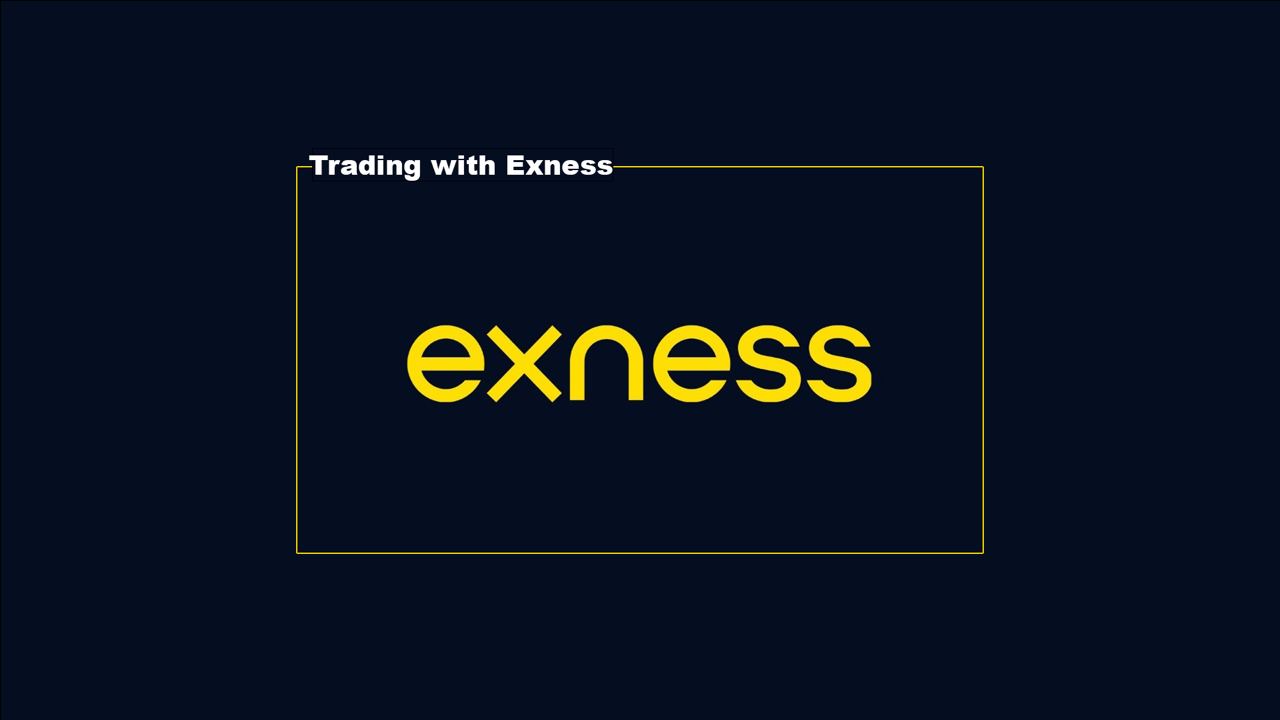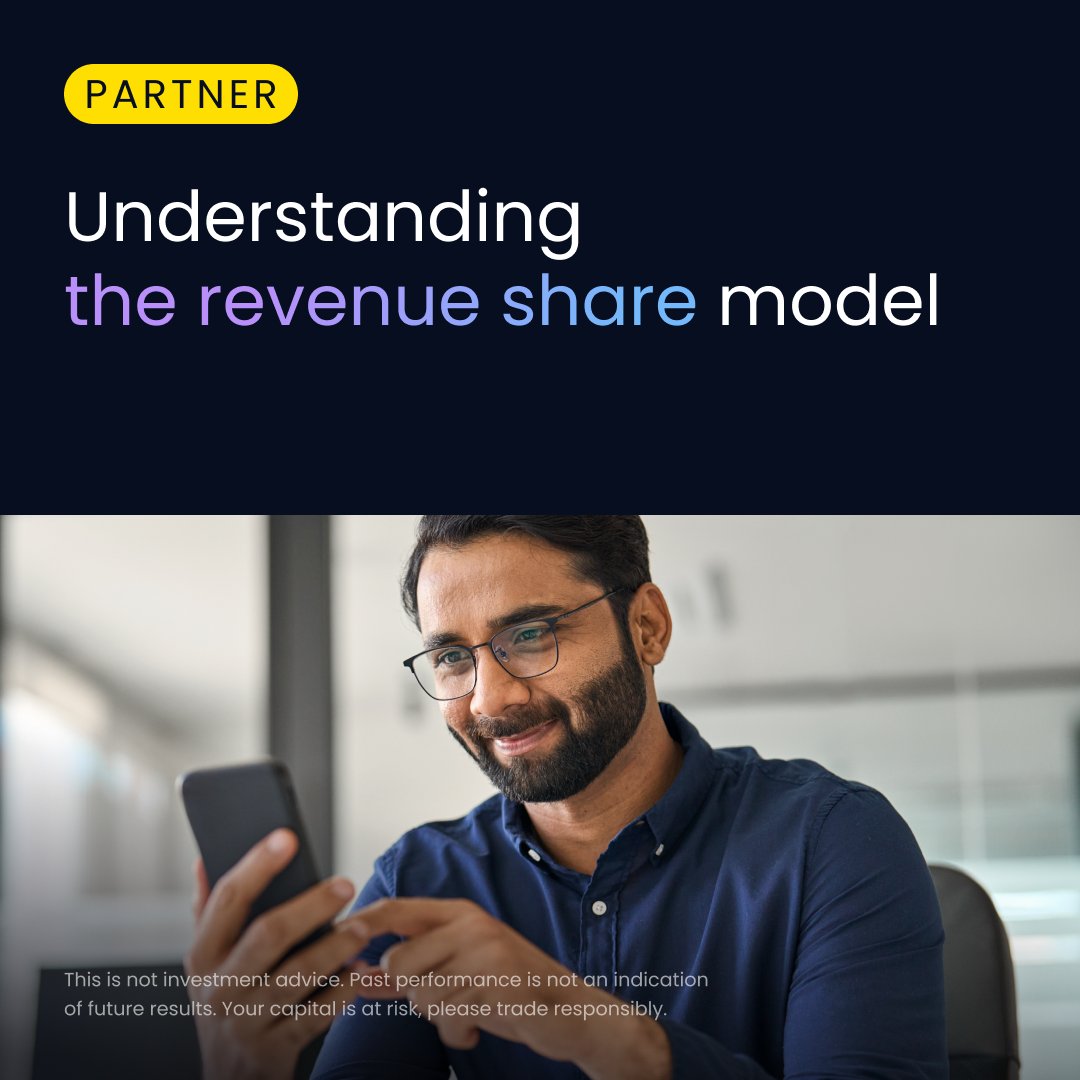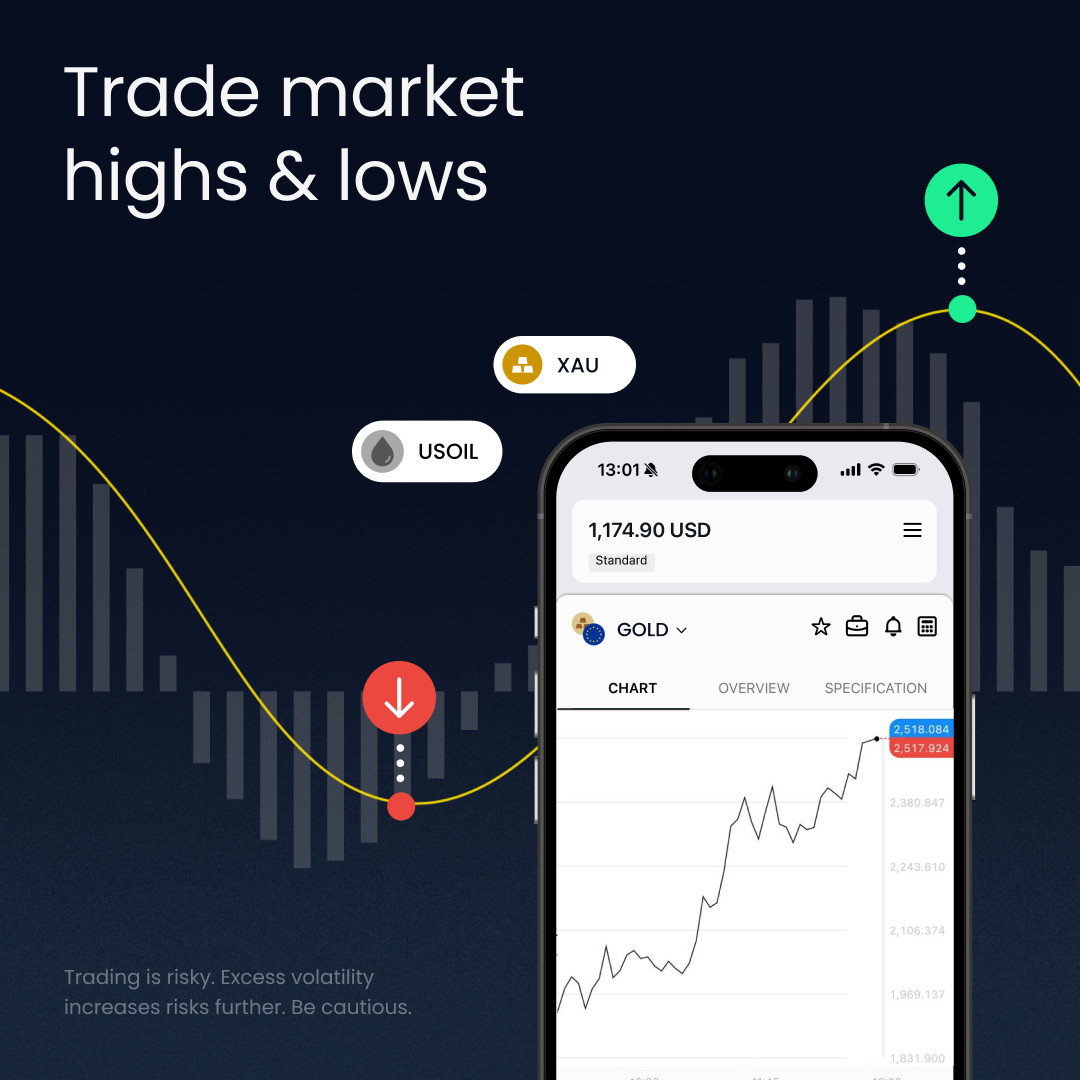
5 minute read
How Does Exness Make Money From Traders?
Exness operates in a highly competitive market, and understanding how the company generates revenue can clarify its role as a broker. Like most brokers, Exness’s income model is tied to trading activities, but the company stands out with its transparent and trader-focused approach. This article explores how Exness earns from its traders while ensuring a win-win relationship.
Understanding the Revenue Model of Exness
Exness earns money primarily through trading-related fees, such as spreads and commissions. These charges are typical in the forex and CFD trading industry. However, the company emphasizes creating better trading conditions for its clients by offering low-cost trading solutions, competitive spreads, and no hidden charges.
The broker adopts a hybrid model—acting as a market maker for some instruments and passing others directly to liquidity providers. This dual approach enables Exness to balance costs and provide traders with tight spreads and fast execution.

🏆 Start Trading With Exness – Register Now! 🚀 or Visit the Broker’s Website ⭐
Sources of Income for Exness
Exness generates revenue through multiple streams:
Spreads: This is the difference between the bid (buy) and ask (sell) prices of a trading instrument. For example, in forex trading, the spread for EUR/USD may be as low as 0.3 pips, offering traders excellent conditions while providing Exness with a small markup.
Commissions: Certain account types, such as Raw Spread and Zero, charge a small commission per trade. These fees are transparent and stated upfront in the contract specifications.
Swap Fees: For positions held overnight, traders may pay swap fees depending on the instrument and interest rate differential. However, Exness provides swap-free options for select accounts and instruments, making it appealing for traders seeking lower costs.
Volume-Based Income: With over $4 trillion in monthly trading volume, Exness benefits from the sheer scale of its operations. High trading activity, even at minimal fees per trade, ensures steady revenue.
Partnership Programs: Exness rewards introducing brokers and affiliates through commissions generated from the trading activities of referred clients. This creates an additional revenue layer for the broker.
Exness Low-Cost Model for Traders
Exness distinguishes itself by maintaining a trader-friendly approach. Unlike brokers that prioritize profit margins at the trader's expense, Exness operates with transparency and efficiency:
Tight Spreads: By keeping spreads low, Exness encourages high-frequency trading, which benefits both the trader and the broker.
No Hidden Fees: All charges are clearly outlined. Whether it’s a commission or a swap fee, traders know what they’re paying for.
Instant Withdrawals: By automating withdrawals and absorbing most transaction fees, Exness ensures clients can access their funds without delay.
This low-cost model helps Exness attract traders globally while maintaining sustainable profitability.

🏆 Start Trading With Exness – Register Now! 🚀 or Visit the Broker’s Website ⭐
Transparency in Exness Revenue Streams
Transparency is a core value at Exness, ensuring traders fully understand how the broker earns its revenue. Unlike brokers that obscure their income mechanisms, Exness openly discloses its fee structures, spreads, and commissions. This approach builds trust and allows traders to plan their strategies with clarity.
Exness provides detailed contract specifications for every account type and instrument, outlining spreads, commission rates, and swap fees. Moreover, the broker publishes monthly performance reports and partners with independent auditors to verify its financials. By emphasizing transparency, Exness sets itself apart in the competitive forex and CFD market.
Frequently Asked Questions About Exness Revenue
To help traders understand the financial aspects of trading with Exness, here are answers to some common questions about its revenue model.
Do traders pay commissions on all accounts?
No, commissions are only charged on specific account types. For instance, Raw Spread and Zero accounts have small commission fees per trade, while Standard and Standard Cent accounts are commission-free. This flexibility allows traders to choose an account type that suits their trading style, whether they prioritize low spreads or commission-free trading.
How does Exness benefit from tight spreads?
Exness offers some of the tightest spreads in the industry, sometimes as low as 0.0 pips. While this might seem counterintuitive for generating revenue, the broker relies on high trading volumes. With over $4 trillion in monthly trading volume, even minimal spreads across numerous trades result in substantial revenue. This approach benefits both Exness and its traders by fostering a cost-effective, high-volume trading environment.
Are there hidden fees in Exness’s trading model?
No, Exness is committed to complete fee transparency. All charges, including spreads, commissions, and swap fees, are clearly outlined in the contract specifications. The broker also avoids additional fees such as deposit or withdrawal charges for most payment methods. This straightforward approach ensures traders can trade confidently without unexpected costs.
Does Exness earn money even when traders profit?
Yes, Exness earns money through trading activity rather than trader losses. Whether a trader wins or loses, Exness generates revenue from spreads, commissions, and swaps. The company’s goal is to foster long-term relationships with traders by providing fair conditions and fast execution, ensuring its profitability through sustainable trading activity.
What makes Exness’s pricing competitive compared to other brokers?
Exness’s pricing is highly competitive due to its tight spreads, low commissions on specific accounts, and transparent fee structure. All costs, including swaps, are clearly outlined, ensuring traders face no hidden charges. With high trading volumes, Exness offers institutional-grade conditions, providing affordability and flexibility to suit various trading styles.










